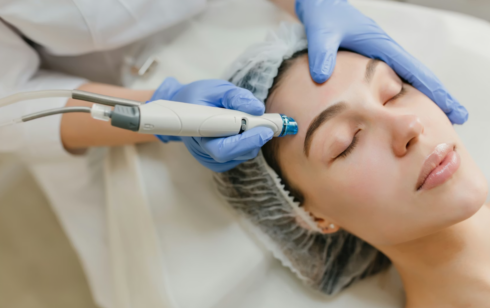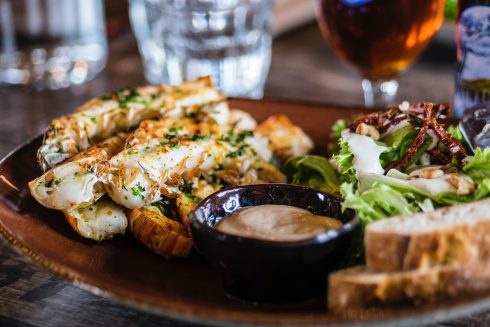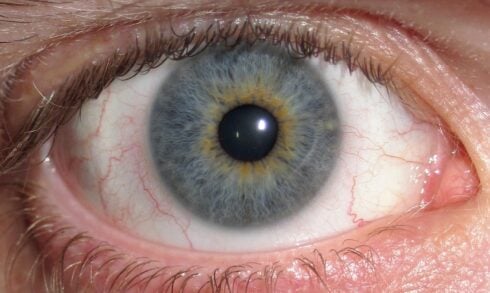FINALLY after a long winter and rainy Spring, the sun is finally brightening our lives again.
No one could be blamed for dreaming of long sunny days lying by the pool, a drink by their side and a good book to read.
Sadly, for some, this may be too good to be true as spring and summer historically herald the start of the dreaded hay fever season.
The abundance of pollen wafting through the air at this time is well known to exacerbate bronchial symptoms.
What’s more, many moulds and spores stimulated during the wet, damp winter months are still hanging around and further irritate bronchial and sensitive synovial passages.
Fortunately, many sufferers need only endure two to three months of misery before all symptoms vanish again for the year; albeit thanks to a little help from antihistamines or similar medications to ease those sniffles, itches and coughs.
Yet, taking this much-needed treatment will, frustratingly, thwart any hopes of enjoying a welcome evening beverage.
For the dangers of mixing alcohol with anti-histamines are well known due to their combined sedative combination.
Indeed, even moderate doses of alcohol can be extremely risky when taken while on a course of antihistamines – even those labelled ‘non-drowsy’.
Put briefly, it is simply not worth the risk to drink.
What is only being recognised now is that hay fever might be worsened, or even caused, by that relaxing tequila sunrise, vino tinto or cerveza.
If that first and arguably best sip of your daily tipple causes you to sneeze, suffer a runny nose or puffy eyes consider cutting it out altogether for a few weeks and monitor your symptoms.
You may discover your allergies vanish altogether by sticking to rather more mundane soft drinks at this time of the year.
Why should ‘a little of what we fancy cause us harm?!’ I hear you cry.
Unfortunately, wine, beer and other alcoholic drinks contain histamines which are the same chemicals that provoke the allergic reaction.
Furthermore, other compounds such as sulphites may be present which exacerbate the outbreaks.
Yet, alcohol is not unique in provoking allergic reactions – it is important to look out for any foods or situations which set off or worsen the problem.
However, medical evidence now clearly demonstrates that, for women especially, more than two units of alcohol per day may double the risk of any allergic disorder.
Combine this consumption with the dehydrating effects of the sun and even the most robust of immune systems can be pushed beyond all reasonable limits of resistance.
READ ALSO: Experts in Spain’s Malaga warn of intense spring for hay fever sufferers https://theolivepress.es/spain-news/2021/04/14/experts-in-spains-malaga-warn-of-intense-spring-for-hay-fever-sufferers/
Click here to read more Other News from The Olive Press.








